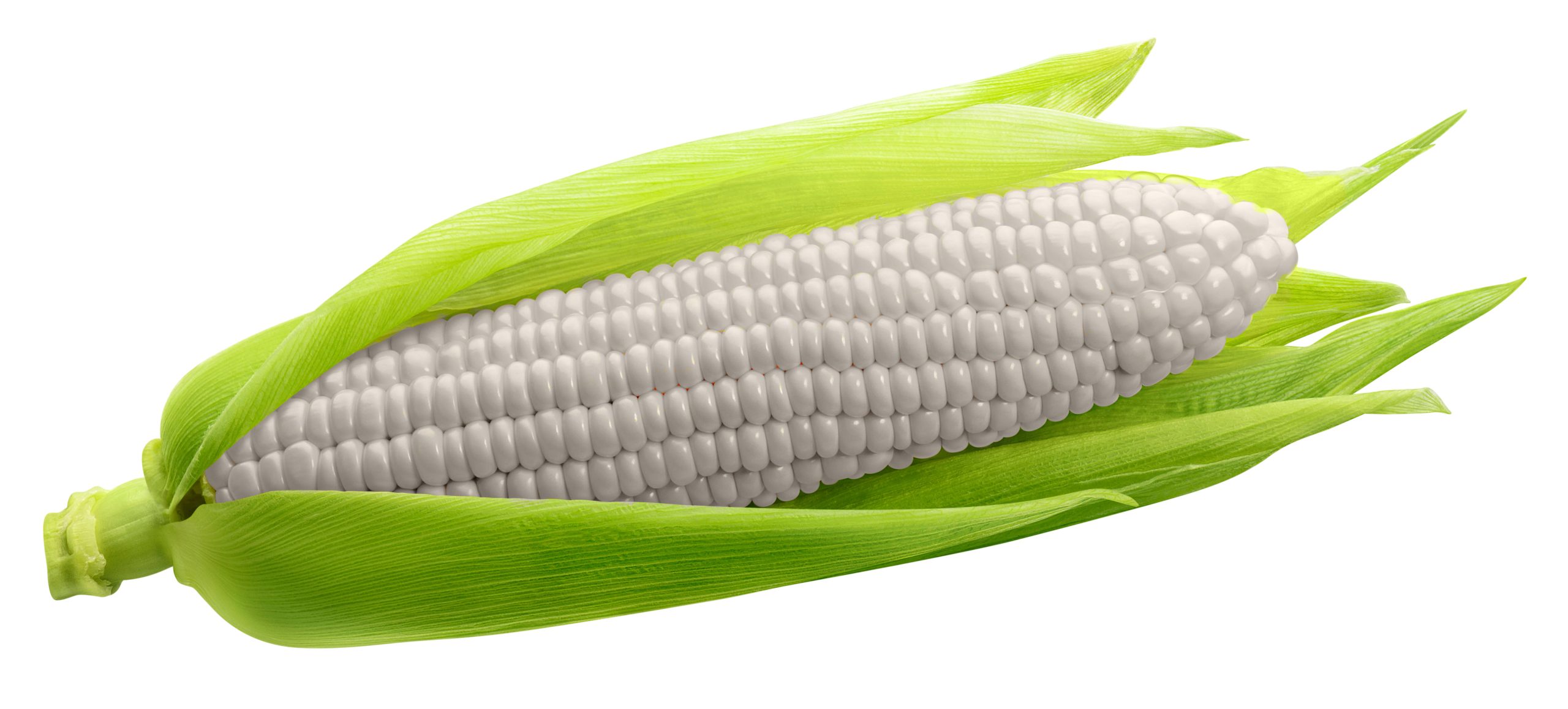Seasons/Availability
White corn is available year-round.
Nutritional Value
White corn is an excellent source of dietary fiber and vitamins A, C, and B. Additionally, white corn contains folate, magnesium, potassium, thiamin, phosphorus, iron, zinc, copper, and manganese. The kernels are also a good source of protein.
Uses
White corn can be consumed raw, boiled, steamed, grilled, or roasted. The kernels can also be used to prepare soups and stews, cut off the cob and mixed into salads or salsas, ground for flour or meal and tortilla chips, popped like popcorn kernels, ground for masa harina and tamales, used in breads and muffins, and added to casseroles and side dishes. White corn is also an essential ingredient in traditional Mexican foods such as pozole, tamales, and tostadas. In Mexico, white corn is traditionally used for making tortillas where it is finely ground into masa harina and combined with water to form a dough.
White corn pairs well with chiles, tomatoes, avocados, bell peppers, onions, cumin, garlic, lime juice, herbs such as cilantro and oregano, eggs, cream, sour cream, cheeses such as feta and Cotija. It also pairs well with a variety of proteins such as shrimp, fish, chicken, beef or pork.
Storage
White corn can be stored in the refrigerator for up to one week. For longer storage, wrap the ears in plastic and place them in a freezer bag. Frozen white corn can last for several months.
Preparation
Before cooking with white corn, it should be husked and washed thoroughly under cold running water. The kernels can then be cooked as desired or used raw in salads and salsas. When boiling white corn, it is best to add salt or sugar to the cooking water as this helps preserve the natural sweetness of the kernels.





